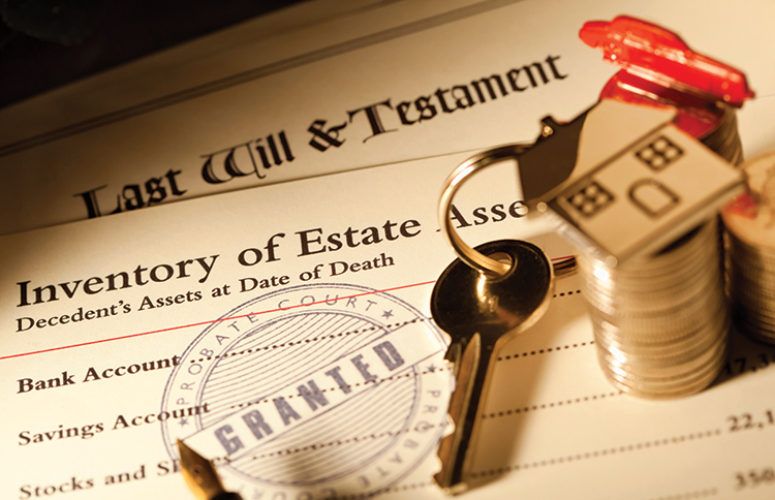
Estate Planning for New Jerseyans
A new world dawns under changing laws.
By Professor Jay A. Soled On Jul 12, 2018Going forward, from an estate planning perspective, the vast majority of New Jersey residents will encounter a world void of estate tax exposure. The recently passed Tax Cuts and Jobs Act, which was signed into law at the end of 2017, raises the amount every taxpayer can gift or bequeath tax-free to $11,180,000 and, furthermore, in 2016 the New Jersey Legislature eliminated the state’s estate tax, effective in 2018. The combination of these federal and state legislative initiatives fundamentally changes how state residents will orchestrate their testamentary affairs.
By way of background, in yesteryear, both the federal and New Jersey estate tax regimes had real teeth. Federal estate tax often applied in those circumstances when a decedent’s estate exceeded $600,000 and the tax rate was a whopping 55 percent. The New Jersey estate tax was levied if a decedent’s estate exceeded $675,000 and its tax rate extended as high as 16 percent. Potential federal and New Jersey estate tax exposure led many taxpayers to put into effect various tax-savings stratagems designed to mitigate their transfer tax exposure.
With the federal estate tax now largely vanquished and the New Jersey estate tax repealed, the implications are vast. New Jersey taxpayers are now at complete liberty to focus on the task at hand, namely, ensuring their hard-earned assets get into the hands of their loved ones. No longer do they have to endure various tax machinations to achieve these ends.
Beyond estate planning, estate tax elimination has had another serendipitous rippling effect. When taxpayers pass away, no longer do their executors and administrators have to scurry around to complete burdensome estate tax returns. As a practical matter, what this means is that taxpayers’ estates can be administered far more expeditiously. Thus, a typical estate that used to take a year or two to administer can now be accomplished in the course of a few months.
With the estate tax now a non-issue for 99.9 percent of New Jerseyans, work still remains to be done. Beyond executing a will, residents should also give serious consideration to having the following two documents in place: (1) an advanced directive / living will (to direct who should make medical decisions if one can no longer communicate) and (2) durable power of attorney (to handle one’s financial affairs in the absence of one’s ability to do so).
But estate tax elimination should not be assumed to be etched in stone. As the federal government and New Jersey continue to endure record deficits, the respective legislative bodies may seek to reinvigorate and/or reinstitute the estate tax to help their respective coffers. In the meantime, however, estate planning in the State of New Jersey has never been easier.
About the Author: Jay A. Soled is a professor at Rutgers Business School and directs its Masters of Taxation program.
To access more business news, visit NJB News Now.
Related Articles:





